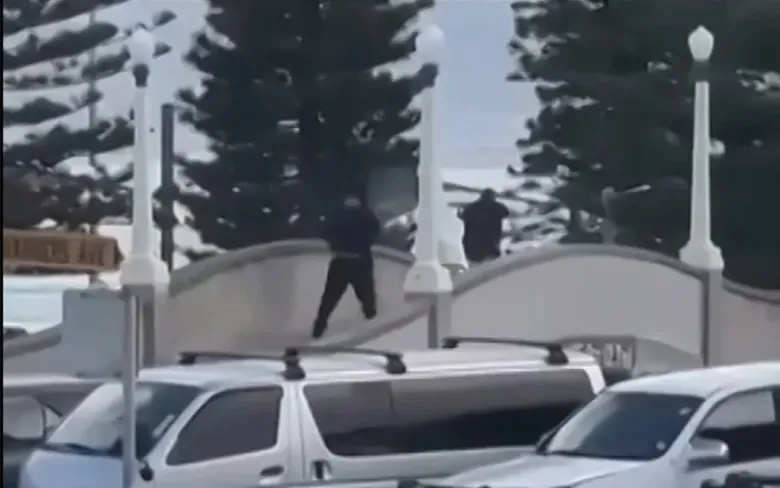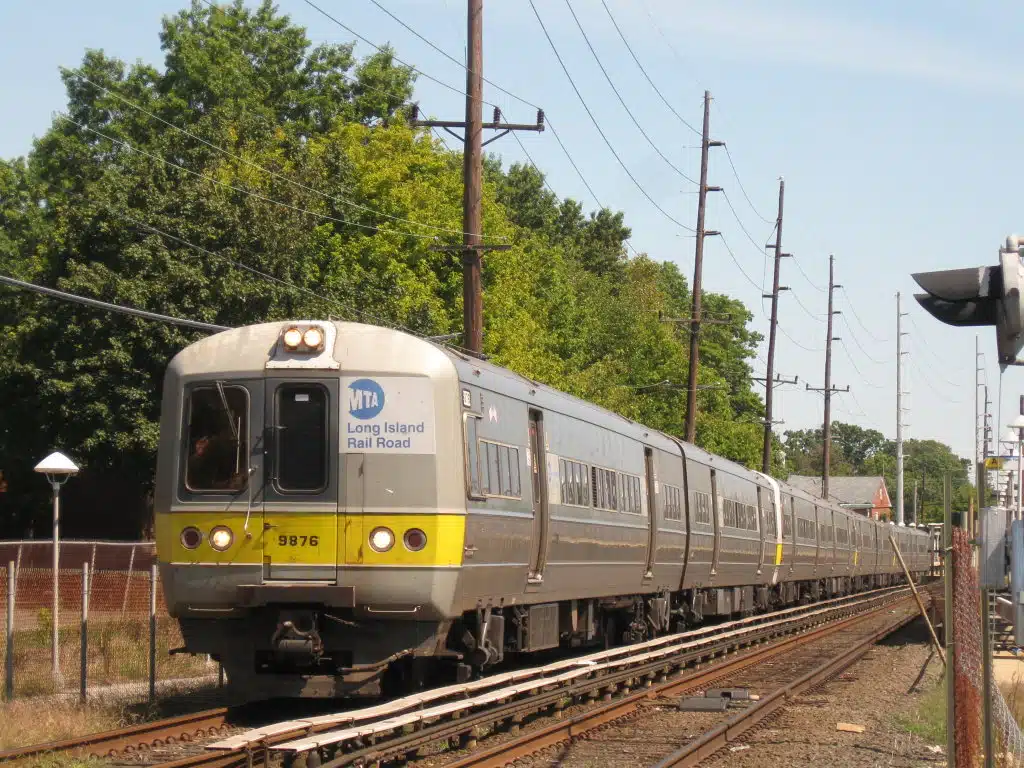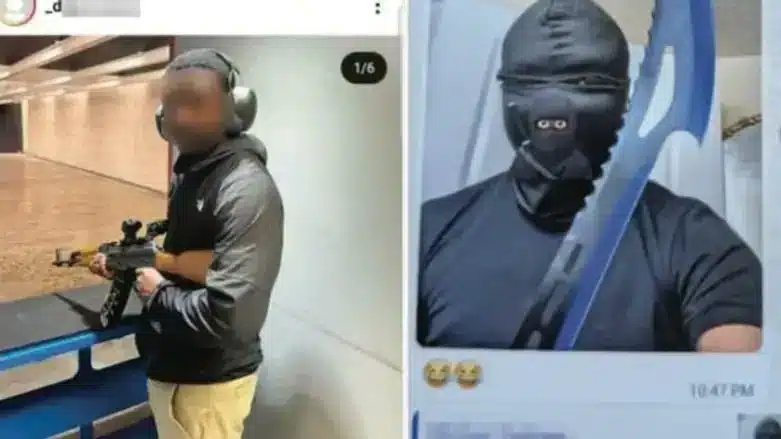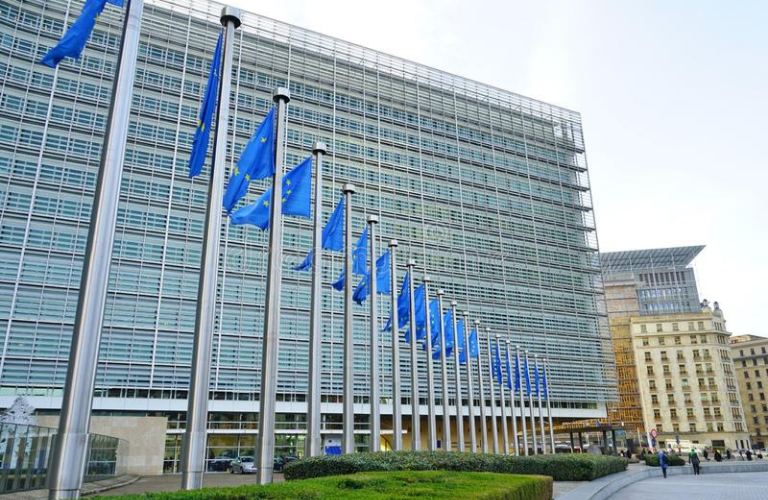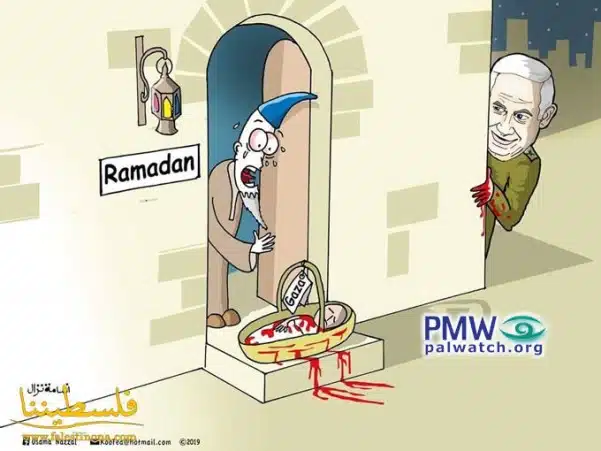
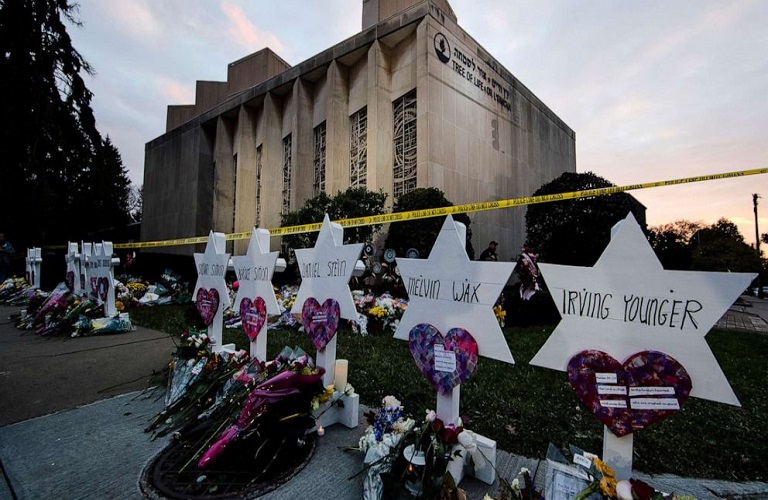
Antisemitism Hits Home — When It Hits a Member of Your Family
This essay was submitted to the Combat Antisemitism Movement by Sheldon Dan.
I am a native of Memphis, Tennessee, born in 1955. I grew up in a family who was traditionally Jewish, making kiddush every Friday night and having Seders on Passover. I attended what was then the largest Orthodox synagogue in the United States, having my bar mitzvah and my religious school graduation there. I also attended Talmud Torah for six years, learning about Judaism and Zionism and participating in my religion with many of my peers.
My Jewish community was about 10,000; it may have shrunk in recent years, but it was a wonderful place to grow up. The community was originally downtown, then moved to the Vollintine-Evergreen area, and finally to East Memphis. I was in the B’nai B’rith Youth Organization with many of the people I grew up with and more that I met in my high school years. I remember my high school years fondly and all the people I knew at that time.
If anyone would ask me if I had been the victim of antisemitism, I would not be able to recall any incidents. I am not naïve to think that antisemitism did not exist then. There were reports in various areas about vandalism, slurs, and physical attacks. Antisemitism is a disease that did not appear recently; it has been in every place and time. And although not everyone experienced antisemitism directly, they were affected by someone who did experience it and whether or not it was widespread, there was no doubt that it could happen anywhere and anytime.
In 2001, I married a Pittsburgh native. My wife grew up in the Morningside-Highland Park area of Pittsburgh, but like many Jewish Pittsburghers she had many ties to Squirrel Hill. Many of her friends and relatives lived there and she attended the Jewish day school there in high school. So she is very familiar with the area where the recent synagogue massacre took place. Unlike me, she did experience some antisemitism, both personally and as part of her search for employment. However, she still is part of “the ‘Burgh” in many ways and identifies with the city. Her parents and grandparents are buried in the area and we visit their graves when we visit Pittsburgh. She will attest to the fact that the Squirrel Hill community is a unique one — a friendly place where people greet each other and form a large extended family.
On October 27th, 2018, my wife was listening to KDKA from the internet radio she has next to her bed, as she is a light sleeper. What happened that morning jolted her and me up from sleep. She was listening to local coverage of the shootings at the Tree of Life/Or L’Simcha Congregation and immediately reacted with shock. That synagogue is one of several in the area and is one which my wife knows well — and she recognized a number of the victims. She also worried that other relatives — including cousins who were members — were involved. (Thank G-d, they were not.) But she could not stop talking about what happened in an area that some thought would have been the last place such attacks could have happened — which is to be expected of someone who is a Pittsburgh native.
The next day in Memphis, the Memphis Jewish community joined for a community memorial at the Memphis Jewish Community Center. Not only Jews, but a large part of the general community, including Mayor Jim Strickland, former Mayor A.C. Wharton, and Representative Steve Cohen, joined in reciting psalms and hearing from the representatives of the synagogues and the Memphis Jewish Federation. The show of support affected my wife greatly. She knew of many people in the area with ties to Pittsburgh and no doubt was grateful that her adopted home town had been among the many cities which organized the memorials to the 11 victims of the shooting that took place in the following days.
So the disease of antisemitism had hit home — an antisemitic act occurred in a place that I have gotten to know through my wife, and therefore it is something I personally experience rather than hear about from another community. Although antisemitism enrages me, it is more personal when it hits in this way. It affects someone I love, and therefore it must affect me. It can change the way we view the neighborhood — my wife will be reluctant to go by the intersection where the synagogue is located when she visits Pittsburgh. Whether it affects all of us in matters such as whether to wear obviously Jewish symbols is going to be up to the individual. But maybe this was a wake-up call that evil does exist and will not discriminate between Jews — “left” or “right,” religious or secular, in any particular region or country. We must put away the temptation to blame someone or something for these tragedies and instead unify for our own good, since we can bicker among ourselves but when we need to be one people we will, like a family, protect each other against all enemies of the Jewish people.


